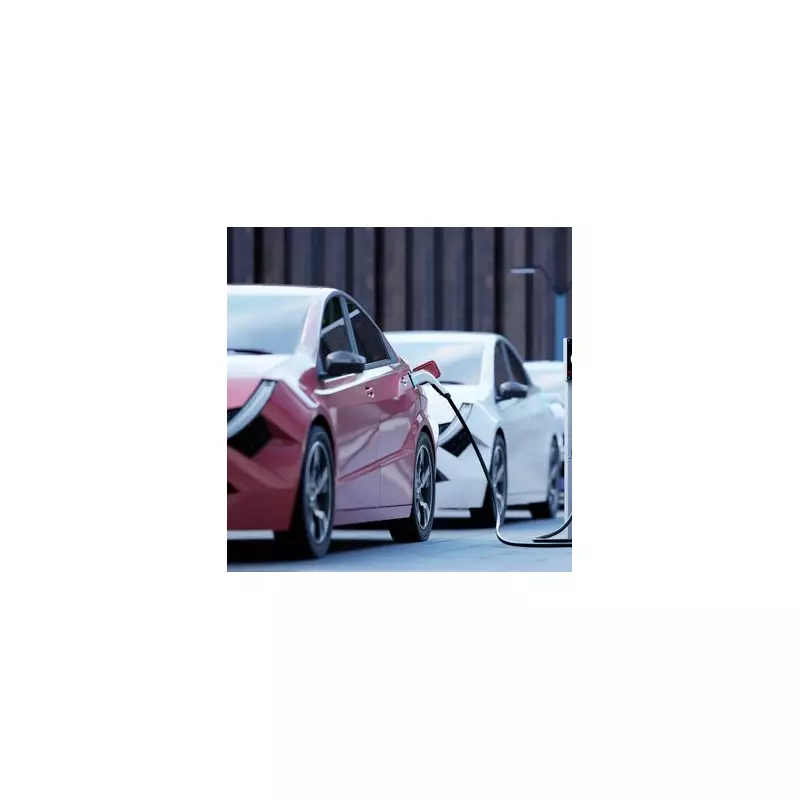
As fuel prices continue to squeeze household budgets across Britain, a leading driving expert has revealed the five common habits that are secretly costing motorists hundreds of pounds each year at the petrol pump.
Many drivers remain completely unaware that their everyday routines behind the wheel are significantly reducing their vehicle's fuel efficiency, according to the motoring specialist who's determined to help UK drivers keep more money in their pockets.
The Hidden Fuel Drainers Exposed
1. The Air Conditioning Addiction
Many drivers automatically reach for the air conditioning button without considering the consequences. "Running your AC constantly can increase fuel consumption by up to 10%," the expert warns. "On shorter journeys, opening windows is often more efficient, though at higher speeds, the drag from open windows might outweigh AC usage."
2. The Weighty Mistake
That boot full of sports equipment, tools, or other items you've been meaning to unload? It's costing you dearly. "Every extra 45kg in your vehicle reduces fuel economy by approximately 2%," the specialist explains. "Many drivers are essentially carrying around another passenger's worth of weight in unnecessary clutter."
3. Roof Rack Roulette
Leaving roof racks or roof boxes fitted when not in use creates significant aerodynamic drag. "An empty roof rack can increase fuel consumption by up to 10%, while a loaded one might reduce efficiency by up to 25%," the expert reveals. "Remove them immediately after your trip ends."
4. The Tyre Pressure Neglect
Under-inflated tyres create more rolling resistance, forcing your engine to work harder. "Tyres just 10 PSI below recommended levels can increase fuel consumption by 5%," the specialist notes. "Check pressures monthly and before long journeys."
5. The Engine Idling Epidemic
Modern engines don't need prolonged warming up, yet many drivers still leave them running unnecessarily. "Idling for more than 10 seconds uses more fuel than restarting your engine," the expert states. "If you're waiting for more than a minute, switch off - unless in traffic."
Simple Changes, Significant Savings
The driving specialist emphasises that implementing these changes requires minimal effort but delivers maximum financial returns. "By addressing these five areas, the average driver could save £200-£300 annually based on current fuel prices," they calculate.
Additional recommendations include smoother acceleration and braking, maintaining consistent speeds where possible, and using higher gears appropriately. "Aggressive driving can increase fuel consumption by up to 40% in stop-start traffic," the expert adds.
With petrol and diesel prices showing little sign of returning to previous levels, adopting these fuel-efficient habits could provide much-needed relief for British motorists feeling the pinch at the pumps.





